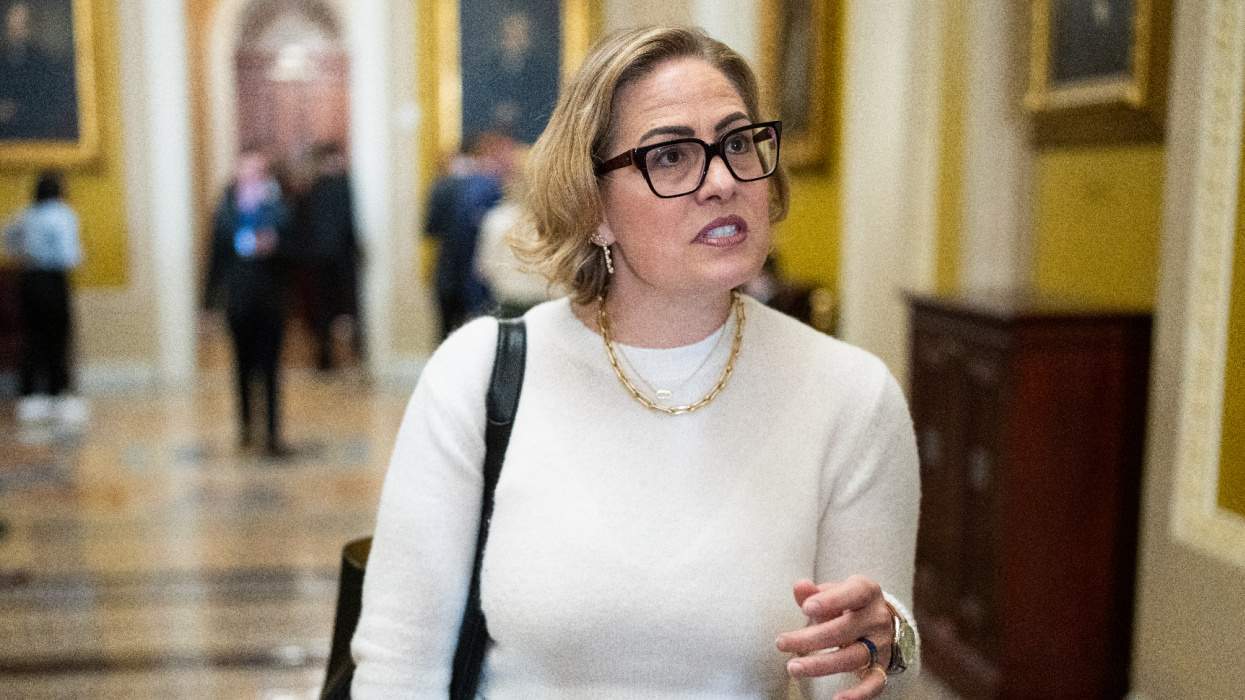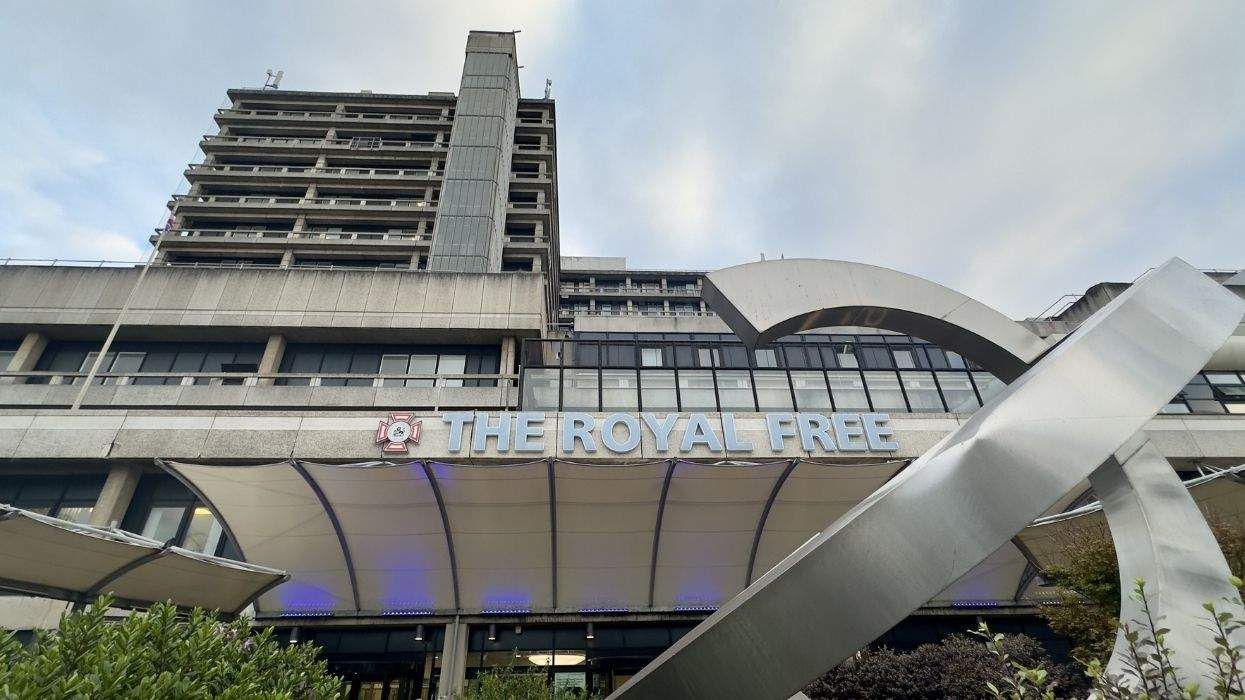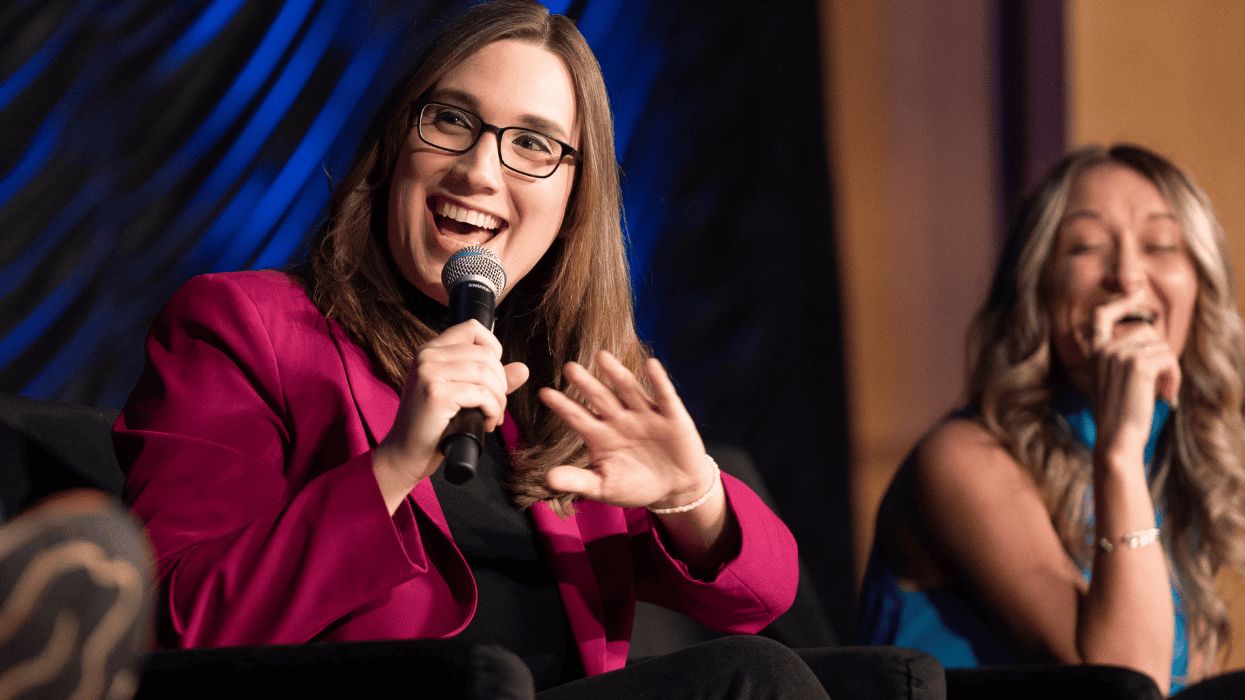A new report from the Equality Network in the United Kingdom finds that nearly half of bisexual people faced biphobic actions or comments when accessing health care services.
The 72-page report, aptly titled Complicated?, culls experiences from 513 respondents that self-identify under the bisexual umbrella (which includes pansexual, queer, and fluid labels) and notes a severe lack of bisexual-inclusive services in LGBT and mainstream organizations.
The report, published Wednesday, found that respondents reported the most instances of biphobia when attempting to access services specifically for LGBT people, or through the U.K.'s National Health Service. "[Forty-eight percent] have experienced biphobic comments, and 38 percent have experienced unwanted sexual comments about them being bisexual while accessing [such] services," the report found.
Those frequent encounters with biphobia led two-thirds of respondents (66 percent) to say they feel they must identify as straight, while 42 percent said they just identify as gay when accessing services.
"Even within organisations that think they are LGBT-aware, bisexuality is never seen as an option," one respondent said. "My sexuality is judged entirely based on the gender of my current partner, even in LGBT settings. Most service providers have no knowledge of biphobia and they actively or passively contribute to bisexual erasure."
The hesitance that bisexuals reported feeling around coming out to health care service providers is particularly disconcerting, considering that 35 percent of respondents identified as disabled -- a much higher rate than the average across U.K. of 18.8 percent. Bisexual respondents reported suffering from mental health impairments, physical diabilities, and learning impairments, which impacted the health care services they sought.
"Since it was my support workers making biphobic comments, and these are people who come into my home to help me with my disabilities, including helping me bathe and other things when I'm naked and vulnerable, it was extremely distressing," one respondent said in the report.
Much of the biphobia respondents reported appears to stem from common bisexual myths that claim members of the bisexual community are "greedy" or "overly sexual." One respondent noted that a senior nurse refused to treat her because she needed to "decide which gender she loves," claiming "it's unnatural to love both."
Another respondent said a psychotherapist told her it was her fault that she was raped, because she is bisexual.
Out of the 513 respondents, only 8 percent said they felt "very much" included in the LGBT community, with many revealing that biphobia and bi erasure within the LGBT community limited their sense of full inclusion. The report also included a sizable number of trans individuals (26 percent), and noted that bisexual people of color and people of faith "remain under-represented in this and other research."
The authors of the report recommend that service providers strive to be "specifically bisexual-inclusive, not just LGBT-inclusive."
"Service providers need to recognise that some bisexual people expect services to be biphobic, even if they are sending out messages that they are LGBT inclusive or even LGBT specific," concluded the report. "This means that some bisexual people are avoiding accessing services, and others are not being open about their sexual orientation to try to avoid biphobia. It means that services that lack clear visibility of bisexual inclusion actions are at particularly high risk of being seen as biphobic and to be avoided or used only while 'closeted.'"















Charlie Kirk DID say stoning gay people was the 'perfect law' — and these other heinous quotes
These are some of his worst comments about LGBTQ+ people made by Charlie Kirk.